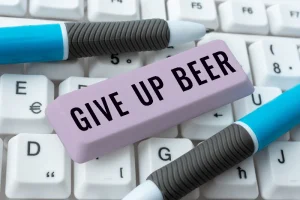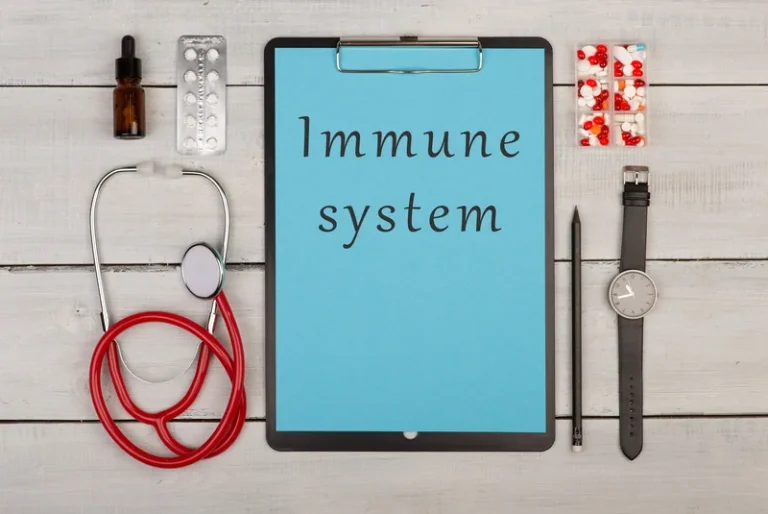Repairing Relationships After Substance Use Disorder

It’s about proving that you are consistently taking steps to ensure that the hurtful behaviors do not recur. Repairing relationships while in recovery requires hard work and commitment. Consistent positive and healthy behaviors can help to mend relationships in the long run. Reconnecting with those closest to us can be like solving a complex puzzle, but it’s a challenge we can overcome. We must learn new ways of communicating and establish healthy emotional boundaries. Al-Anon is a 12-step based peer support group for family members of people addicted to alcohol and drugs.

4 The stat treatment phase
- It may require an intentional and lengthy process for both partners to learn how to rebuild trust within the relationship.
- For compassionate guidance, seek the support of a licensed therapist in your area.
- This will be key for rebuilding the relationship because if you hold onto resentment and anger, you will not be able to adequately see the progress they are making.
- When creating a personalized treatment plan, it’s essential to consider several factors like physical health, mental state, drug or alcohol use patterns, social circumstances and economic background.
I encouraged him to share his pain and inner conflicts and provided him with accurate, sex-positive information. This represented a significant step towards healing the deep-seated pain that underpinned M’s sexually addictive patterns. Important to note, Samuel Ball, Ph. D., conducted research in Dual-Focused Schema Therapy for addictive disorders in the late 1990’s with mixed but promising romantic relationships in recovery results (Ball, 1998). At the time of Ball’s publication, the more empirically supported mode model had not yet been formally introduced, which may partially account for the less-than-optimal results with this population (see “Modes” below) (Ball et al., 2006). Addictive disorders and personality disorders arguably require sustained, longer-term treatments to achieve positive outcomes.
Building Healthy Relationships in Recovery
It is of vital importance that you do not take these steps until you are strong enough in your recovery to be completely honest with these people and with yourself. You must be sure that if you do not receive the answer you were hoping for when you reach back out, it will not send you https://ecosoberhouse.com/article/alcohol-and-headaches-why-does-alcohol-cause-migraines/ spiraling back into the depths of active addiction. The key to healing from addiction and rebuilding trust after the addict in your family has hurt all of you, let you down, disappointed you, and caused chaos more times than you can count is a drug and alcohol treatment program.
Prioritize Open Communication
Even if romantic relationships aren’t the main focus, it’s important to make sure that healthy relationships are a primary goal of addiction recovery. First and foremost, relationships offer a sense of belonging and connection. They provide emotional support, empathy, and understanding during challenging times, helping individuals feel less alone in their journey. Having someone to lean on, share your struggles with, and celebrate milestones with can make the recovery process more manageable and meaningful. Repairing relationships is a crucial aspect of recovery for individuals struggling with addiction.
- We have a basic human need to feel close to and supported by others, and science validates this need by telling us that we live happier, healthier and longer lives when we have strong, close relationships with others.
- One size does NOT fit all when it comes to addiction recovery, and a treatment plan tailored to your specific needs can greatly increase your chances of success.
- All these emotions can create emotional distance in the relationship as a way to protect themselves from the chaos of addiction.
- Sustained remission is applied when, after 12 months or more, a substance is no longer used and no longer produces negative life consequences.
Learn Communication Skills

This article discusses actionable advice to repair broken trust with your romantic partner, family, friends – and, more importantly, yourself. Addiction can lead to a number of behavioral changes that can create trust issues within your relationship. Perhaps you said you had stopped using or downplayed how often you were drinking or taking drugs. Maybe you stole personal belongings or fell into debt financing your addiction. You may have even disappeared for long periods on end and left your loved ones feeling abandoned and worried. Keep in mind that toxic relationships are not necessarily physically, mentally, or emotionally abusive.
- Unfortunately, people with addiction are inclined to isolate, effectively cutting themselves off from the health-enhancing effects of social and emotional support.
- The positive changes and insights gained in group therapy can extend beyond the therapy sessions, impacting the patient’s relationships with their family, friends, and community (Farrell et al., 2009).
- Therapeutic interventions that involve behavioral exposure can help patients build resilience and manage difficult emotions (Hayes et al., 2004).
- Codependency can also cause the non-addicted partner to unwittingly enable unhealthy behaviors, which may encourage substance use and addiction.

- Important to note, Samuel Ball, Ph. D., conducted research in Dual-Focused Schema Therapy for addictive disorders in the late 1990’s with mixed but promising results (Ball, 1998).
- Be prepared to change anything in your past and learn from difficult times.
- With improved communication skills, individuals can express their needs, thoughts, and concerns more effectively, fostering healthier and more fulfilling relationships.
- He sat down with his parents and siblings to discuss the behaviors he needed support in avoiding while recovering from addiction.
- Let’s dive into how setting boundaries can help rebuild relationships by establishing trust and creating emotional safety.
- People struggling with addiction spend a lot of money on drugs, and the costs can add up quickly.
